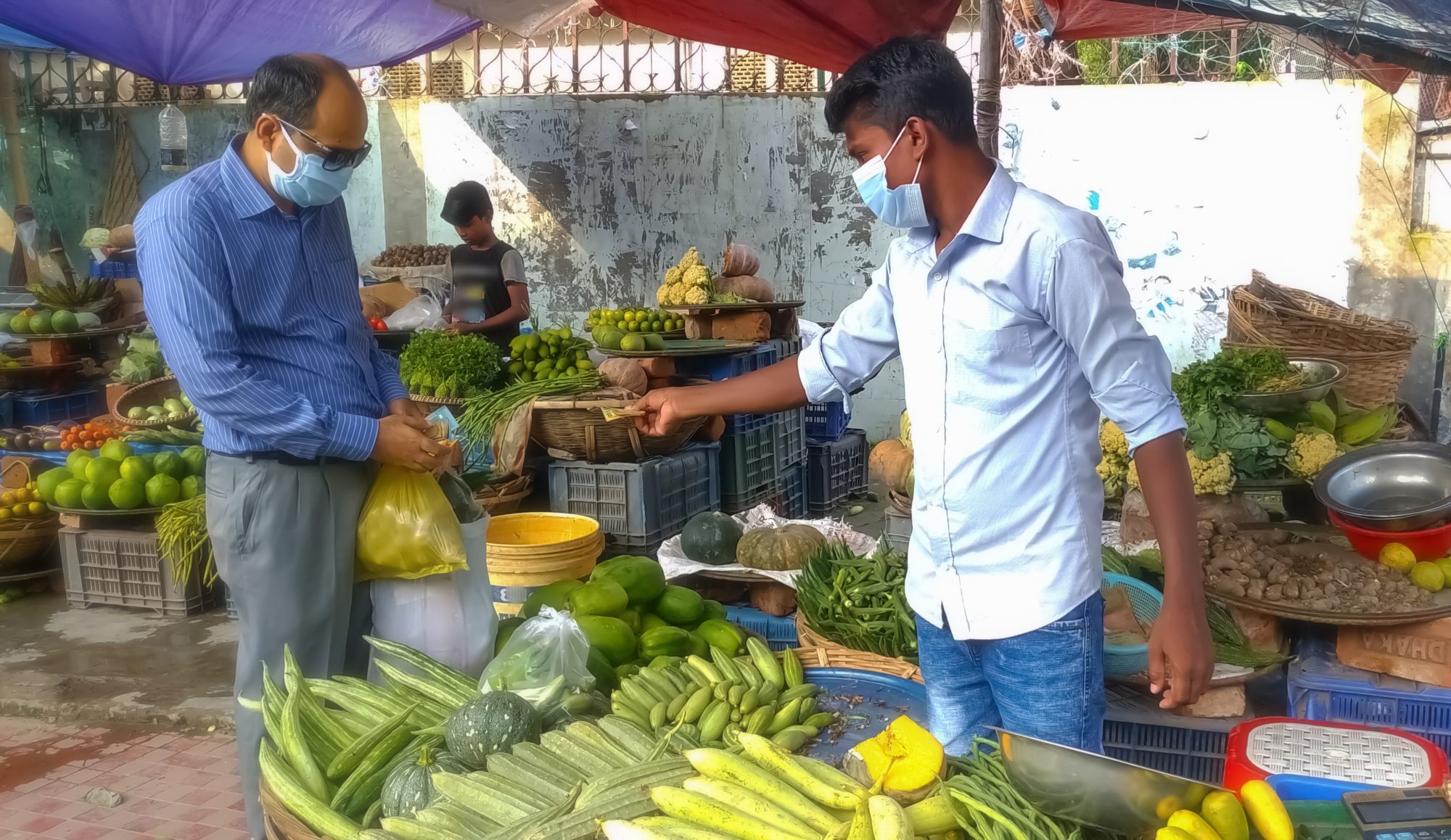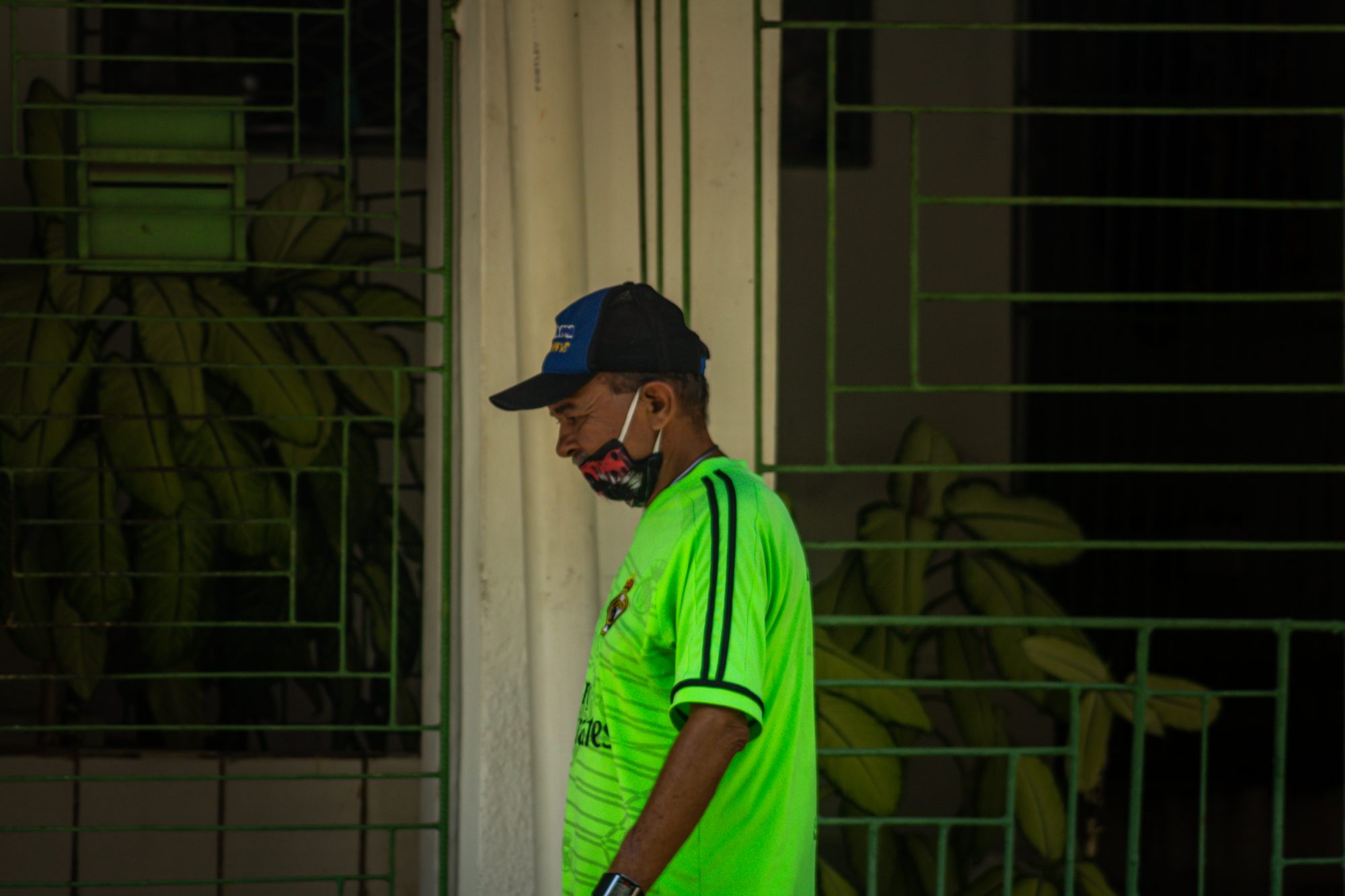Rachel Thrasher, Research Fellow at the Global Development Policy Center in Boston, says this time is different and the TRIPS Council knows it – the COVID-19 vaccine needs to be freely accessible to all countries
The news surrounding the possibility of a COVID-19 vaccine is hopeful, but whenever it is ready, millions of people around the world will have to wait years for access. This delay is due, in part, to global intellectual property rules that put up barriers to knowledge-sharing which could otherwise produce more widespread and rapid access.
What is the TRIPS agreement?
The Agreement on Trade-Related Aspects of Intellectual Property (TRIPS) is just one of a suite of trade-related treaties that make up the World Trade Organization (WTO), and whose primary role is to protect intellectual property rights worldwide. Although the TRIPS Agreement is widely considered to allow sufficient policy space – that is, flexible rules permitting countries to do what they need to do – in the context of public health (at least more than other treaties), the Agreement is stifling responses to the unprecedented challenges of the COVID-19 pandemic.
Indeed, even with its existing flexibilities, the TRIPS agreement puts up barriers to access and prevents “meaningful knowledge-sharing and technology transfer” in the areas most crucial for countries managing a pandemic. It is therefore crucial that patent protection for treatments and vaccines and other protections for intellectual property in the agreement be waived temporarily with respect to measures aimed at combatting COVID-19.
The barriers to accessing vital COVID-19 information
Last week, the TRIPS Council, a group tasked with administering the agreement and facilitating discussion among members, met informally to once more discuss a proposal to suspend certain provisions of the TRIPS Agreement. And, once more, key developed countries and a handful of emerging markets stood against the majority of members and rejected such an idea.
The proposal, put forward initially by South Africa and India, will come before the Council formally next month in an effort make more policy space for countries to gain access to COVID-19 treatments and vaccines. It has now garnered support from a diverse set of countries including Kenya, Eswatini, Mozambique, Pakistan, Sri Lanka, Tunisia, Indonesia, Egypt, Cuba, Tanzania (on behalf of the African Group), Venezuela, Nigeria, and Bangladesh.

Opponents argue that the TRIPS Agreement already has plenty of flexibility to allow countries to address the current crisis, and removing key protections for new innovation could discourage development of much needed treatments and vaccines. While the primary purpose of patents is to address a market failure – resulting from a high cost of research and development – and (is supposed) to encourage innovation – this time, however, things are different.
Governments around the world have taken an active role in funding efforts to find treatments and vaccines, without which, much of this research would be impossible. Moreover, the companies producing these products have guaranteed demand all over the world, which would secure substantial profits even if much of the research and development money had come from their own pockets. The TRIPS Council and the developed countries rejecting the proposal are fully aware of this fact.
A temporary waiver of pharmaceutical patent protection is essential because relying solely on pharma companies to voluntarily grant licenses to other drug manufacturers will not have adequate reach in global markets.
The Gilead and remdesivir example of exclusion
For example, earlier this year, Gilead negotiated licenses for the production of remdesivir with several pharmaceutical producers in India and Pakistan, with permission to export to 127 low-income countries. Moreover, Gilead promised to donate the first 1.5 million doses. However, this negotiation left out key middle-income countries, like Mexico and much of Latin America, who would be unable to produce the medicine on their own and are also excluded from the global supply chain through the restrictions in those licenses. In other words, if a country is not among the 127 listed, they have to negotiate medicine prices directly with Gilead, with very little bargaining power.

Similarly, even if Pfizer, Moderna and AstraZeneca decided to grant licenses to produce their vaccines through manufacturers in other parts of the world, the reach of such licenses will be limited, and many countries will be forced to negotiate individually for their own purchase of the vaccine. Relying on these licenses would demand that many countries negotiate with the pharma company on a drug-by-drug basis, an approach that is both time-consuming and expensive. Given also that developed countries have already secured much of the anticipated vaccine production, countries outside of these licensing agreements may have to wait even longer for access to the vaccine.
Without policy changes, many will still not be able to get a vaccine
Finally, if we rely on policies already permitted under the TRIPS Agreement, many countries and disadvantaged groups will still not have access to new treatments and vaccines. The TRIPS agreement does allow countries to grant compulsory licenses to their own drug manufacturers if they have failed to negotiate a satisfactory agreement with the innovating company and in cases of extreme urgency (Art. 31). The rules also allow countries that don’t have production capacity to import those licensed medicines (Art. 31bis), though this has happened only once. In these cases, the government chooses an appropriate amount to pay the innovating pharmaceutical company.
Compulsory licenses, however, involve a complex process of bureaucratic red tape. Moreover, like voluntary licenses, they take place on a drug-by-drug basis. A country granting such a license would have to go through the complex administrative process not once, but many different times in order to get access to each different intervention, treatment or vaccine available. This process of administering multiple compulsory licenses requires sophisticated institutions, not to mention a lot of money.
All of these logistical hurdles make the process of compulsory licensing little used (except for HIV/AIDs treatments), even in less urgent contexts, and thus are not sufficient for increasing production of COVID-19 therapies and vaccines.
Opponents of the waiver also point out that TRIPS has an established exception for national security emergencies, which would be applicable under present circumstances. Under that exception, a country may simply violate the rules in the treaty and, if challenged, refer to the national emergency as a defense. This “flexibility” however, suffers from even more deficiencies than compulsory licenses.
In the first place, if a country violates treaty rules on this basis, other member states may still bring a complaint against it. The defendant State then has the responsibility to show that there was a national emergency and that the measures (which violated the agreement) were necessary to address it (Art. 73(b)). These defenses are rarely, if ever invoked and for that reason, the outcome is highly uncertain. Furthermore, the costs associated with the defense may be prohibitive for many countries as they concurrently battle limited fiscal space and an increasing debt overhang during the long slow recovery following the pandemic.

A temporary TRIPS agreement waiver is the first step
To be sure, a temporary TRIPS agreement waiver will not be a panacea for countries seeking access to life-saving vaccines. The road ahead is long and, in the absence of cooperation from large pharmaceutical innovators, competing generic medicines producers are not likely to get up and running immediately, even with access to patented drugs and technology.
Nevertheless, unlike existing flexibilities in the TRIPS agreement, and voluntary efforts on the part of pharmaceutical companies, this waiver would provide WTO members, as a whole, with broad policy space to meet the needs of their constituents in this crisis.
The waiver will allow for meaningful knowledge-sharing and technology transfer as countries work toward building their pharmaceutical capacities – without the threat of having to defend these measures before an international tribunal.
Rachel Thrasher will be releasing a book in 2021, “Constraining Development: The Shrinking of Policy Space in the International Trade Regime” (Anthem Press).











